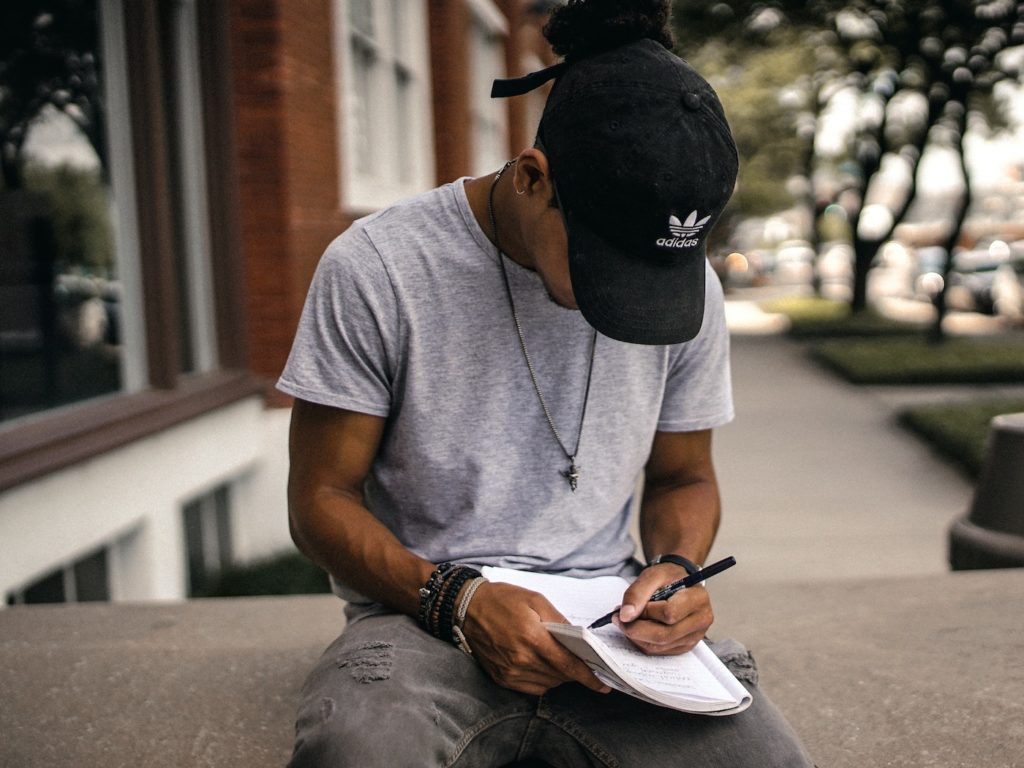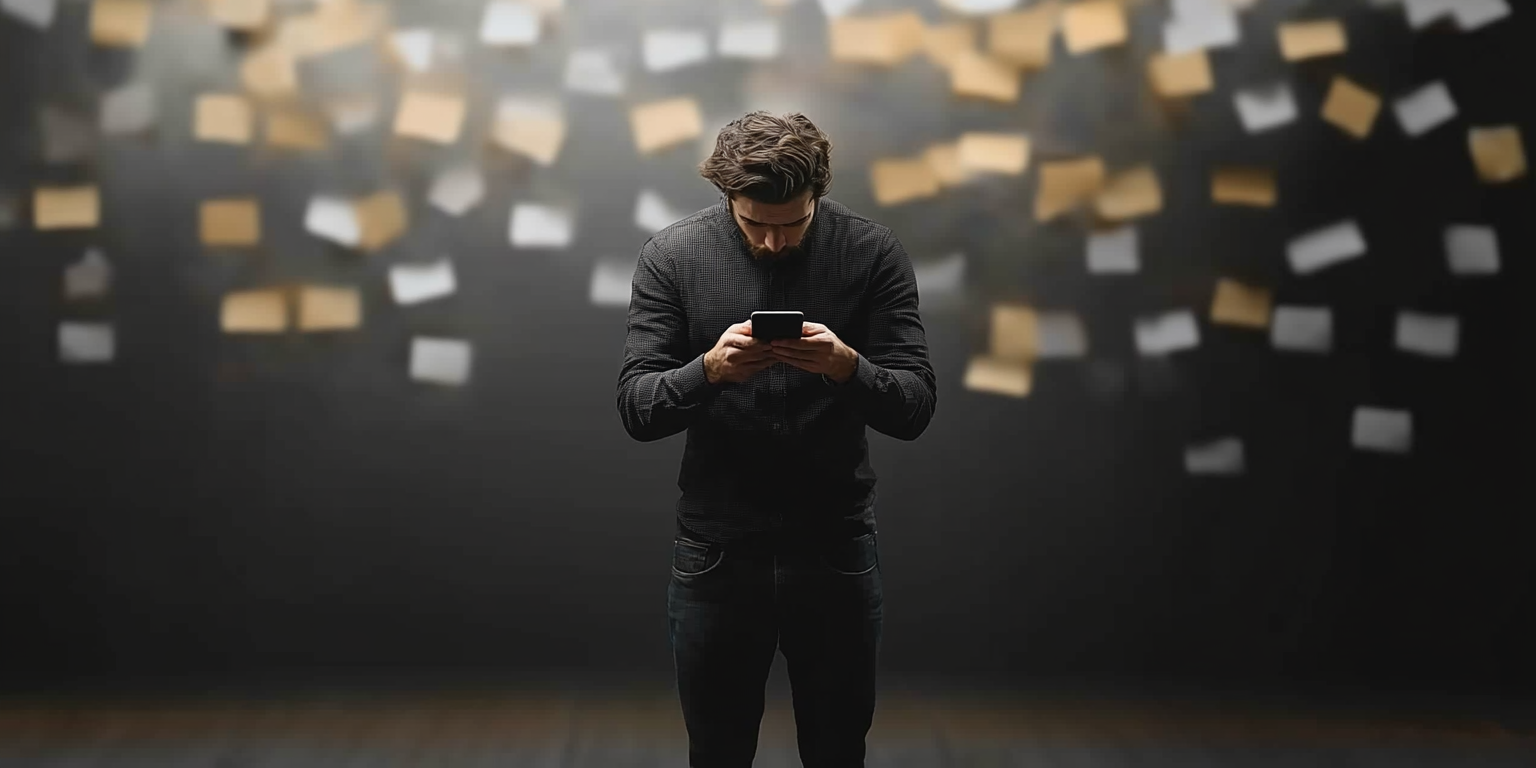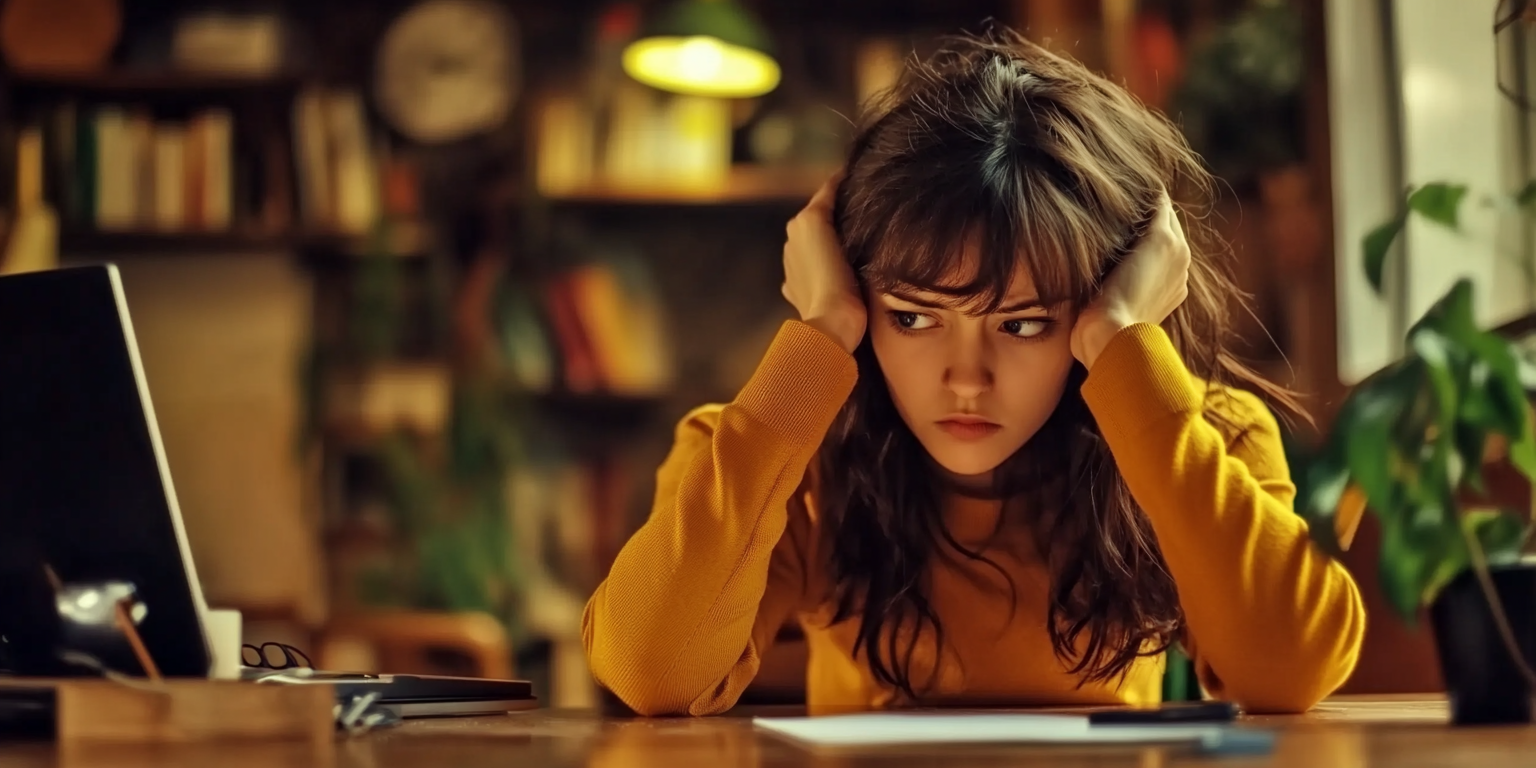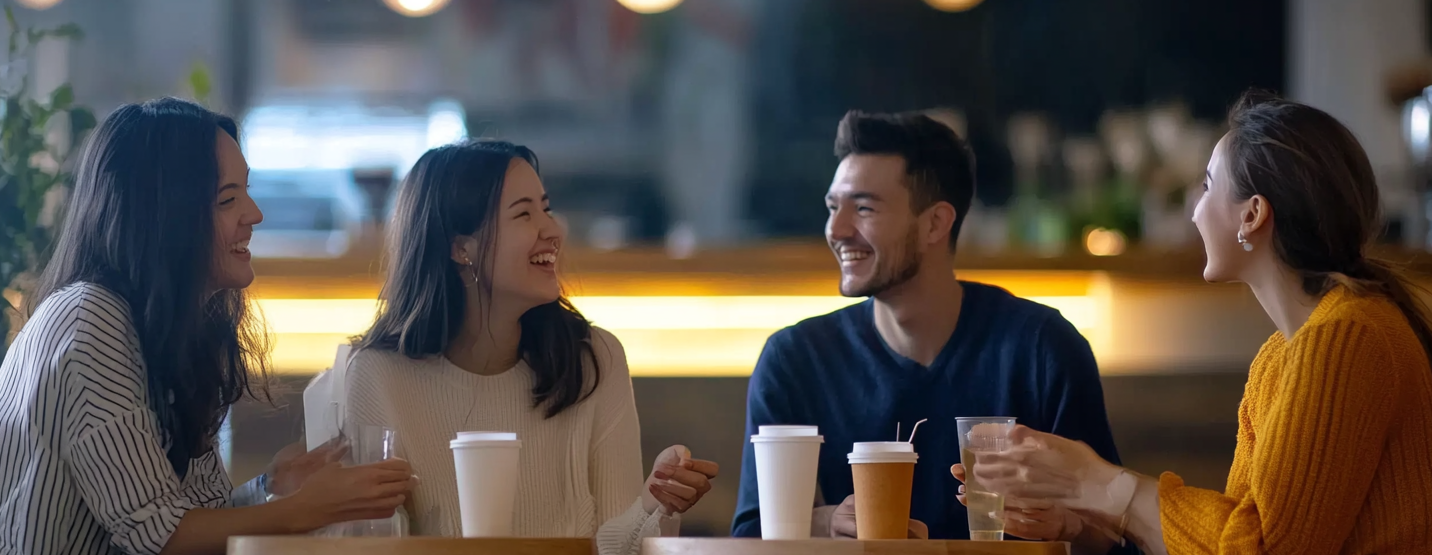4 Min Read
Therapy for Black Youth: What to Do In a Time of Upheaval
Suicide rates among Black youth are rising. In 2016 and again in 2018, the National Institute of Mental Health revealed that Black children had the highest rate of suicides among children between the ages of five and 11.
In a statistical analysis, researchers at the McSilver Institute for Poverty Policy and New York University examined data from the Centers for Disease Control and Prevention’s Youth Risk Behavior Survey on suicide rates among United States high school students by race, ethnicity, and gender between 1991 and 2017. They found that suicide attempts among Black youth rose while suicide rates did not significantly change among all other races and ethnic groups.
Mental health problems such as depression and anxiety place youth at risk for suicidal thoughts and suicide attempts. However, many African American children face additional risk factors, including exposure to police brutality and racial discrimination, that further increase their suicide risk.
Black youth are also less likely than White youth to receive care for mental health conditions—and when they do receive treatment, it’s often through the juvenile justice system.
While White children with behavioral problems are often diagnosed with mood disorders, Black children with the same behaviors are seen as disruptive.
In a recent report by The Congressional Black Caucus’s Emergency Taskforce on Black Youth Suicide and Mental Health, Dr. Michael A. Lindsey, Executive Director of the NYU McSilver Institute for Poverty Policy and Research and leader of the task force’s working group, highlighted the trend of overlooking, minimizing, and ignoring mental health issues within the African American community. “Alarming trends among Black youth have been overlooked as America grapples with rising suicide rates,” said Dr. Lindsey. “The historical suicide rate gap between Black and White youth is narrowing by some measures; and among the youngest, Black children actually have the highest rates of suicide.”
Despite strides made by the Mental Health Act of 2019, barriers to mental health services in Black communities, such as the cost of care, lack of health insurance, and lack of cultural competence among mental health professionals, continue to contribute to the crisis of Black youth suicide and create racial disparities by preventing Black youth from getting the mental health treatment they need.

Self-Care Tips for Black Youth
Between the loss of life from COVID-19 and deaths at police officers’ hands, Black youth are especially vulnerable to mental health issues right now. It’s important to practice self-care and focus on your mental health to cope during this time.
Get off social media.
Triggering videos, police violence reports, and racist posts on social media can make you feel more stressed. “By continuing to enter online conversations, as vital as you warrant them to be, you are allowing the bruise to be pressed on over and over,” mental health professional Jasmine Banks Brown wrote in a piece on self-care for people of color after emotional trauma.
Online conversations can take a significant toll on your psychological well-being, and taking time off from social media allows yourself time to heal.

Find the Best Therapist for Black Youth
Get personalized matchesCreate safe spaces for yourself.
According to Psychology Today, interactions between White people and people of color are often more beneficial for White people. Because White people may demonstrate a lack of knowledge toward the experience of people of color—and, specifically, the Black community—spaces created by White people may not be safe for POC.
Additionally, keep in mind that you don’t have to educate others if you don’t want to. Educating others is not your job—you can direct prospective allies to Google or choose not to engage with racists or white supremacy advocates online.
Connect with others.
Your safe spaces might include friends and family members who love and support you. Surrounding yourself with loved ones who understand is essential during moments where so many people are questioning Black Americans’ feelings. Safe spaces create the opportunity to discuss what you’re all feeling and process what’s happening.
Ethel’s Club, a global organization based in New York City, offers livestream classes, online wellness sessions, and the opportunity to chat with a global network of Black adolescents and young adults from ethnic minorities. Also, the Black Youth Project provides a safe space for young Black people to speak for themselves about the issues that concern them.
Do something for yourself.
Maybe you’re attending Black Lives Matter protests, staying up-to-date with the latest news reports, or volunteering for a nonprofit organization. Being woke is tiring—and contrary to what you might believe, taking a break from the Black Lives Matter movement isn’t proof that you’re not affected by it.
Whether that means spending time with other young people or picking up a new hobby, setting aside time for yourself can help you take care of your mental health and well-being.
Seek Professional Help
According to the United States Department of Health and Human Services Office of Minority Health, Black people are 20% more likely to report mental health problems than nonhispanic White people. Race-based trauma can lead to symptoms similar to PTSD, and repeat exposure to race-based trauma puts Black communities at higher risk for psychological distress.
Whether you’re struggling with a mental illness, experiencing a mental health crisis for the first time, or feeling overwhelmed by recent events, therapy can serve as a valuable tool for your mental health.
How to Find Help
If you or someone you love is struggling with mental health issues, remind yourself that these are normal reactions during upheaval. If you’re having thoughts of suicide, call the National Suicide Prevention Lifeline at 1-800-273-8255 for immediate mental health support.
According to Rheeda Walker, professor of psychology and director of the culture, risk, and resilience research laboratory, a one-size-fits-all approach does not work for identifying suicide risk and mental health issues among African American youth. When it comes to finding a mental health professional, parents need an expansive list of options. Thanks to social distancing guidelines under COVID-19, mental health services are more accessible over digital channels, making it easier for Black and African American youth to find the mental health care they need.To get started, consider reaching out to a mental health professional through WithTherapy. WithTherapy’s unique matchmaking service will connect you to a mental health professional you feel comfortable with, regardless of your personal preferences and requirements. One of the qualified psychologists or therapists on the WithTherapy platform can help you find strength, develop healthy coping strategies, and ensure your emotional needs are met.
Find the Best Therapist for Black Youth




